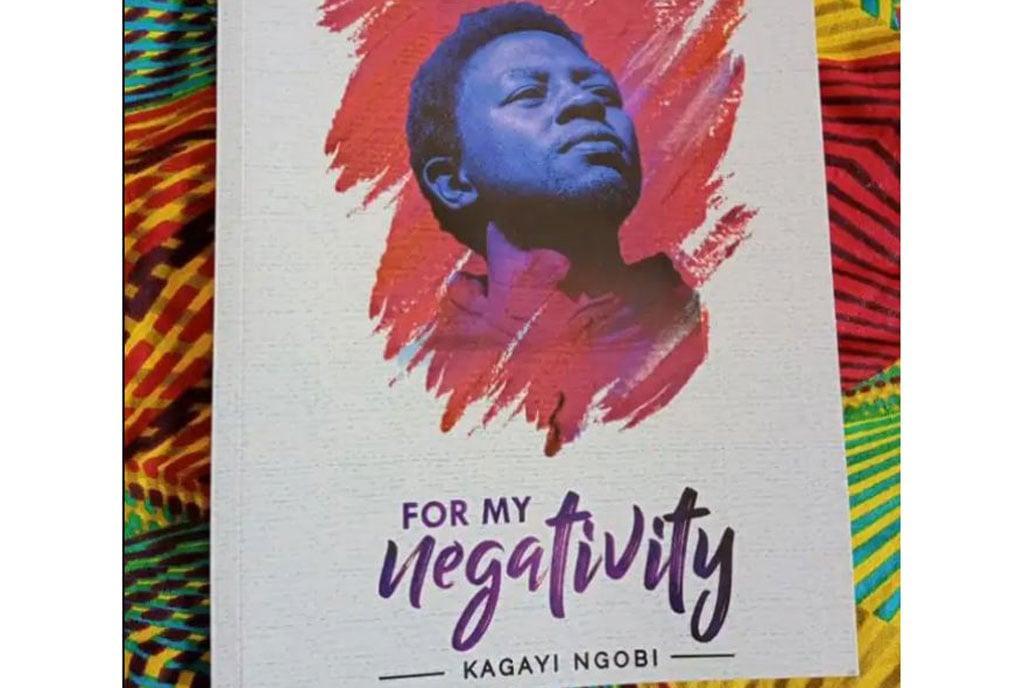Africa-Press – Zimbabwe. The positive power of negative thinking, a book by Julie Norem, turns on the literary axle of defensive pessimism, a strategy of imagining the worst-case scenario in any situation. One prepares for the worst and thereby gets through it. Norem made two startling discoveries with her book. One, negative thoughts are not the enemy.
They are actually the enabler, which helps people to do their best by preparing for the worst. Two, Norem also found that many people perform more poorly when forced to think positively, since negative thinking is often an effective strategy for managing anxiety. If you are as confused as I was when I first encountered these notions, you need to read Kagayi Ngobi’s poetry collection (and cultural touchstone) titled, For My Negativity.
You will make sense of the world around you and get hope in the bargain. Look, the world can be a better place. We must unblinkingly confront what confronts us. If there is a collision, then let our dire straits die upon impact.
This is the essence of this poetic offering. It is similar to Maya Angelou’s On the Pulse of Morning, a poem that she read at the first inauguration of President Bill Clinton on January 20, 1993. It had one verse which went: “History, despite its wrenching pain
Cannot be unlived, but if faced
With courage, need not be lived again.” It is the courage to face the negativity. It is also the hope that blooms eternal from this courage. In the round, it is Kagayi’s message that when we draw upon our inner reserves of courage, we shall enjoy the outer realties of calm and happiness.
Although, it must be said, Kagayi does not always sound like he is spreading hope. In the poem This country is not ours, munange, Kagayi is unforgiving:
“Let us go back/To where we came from/Now I understand/Why the Bachwezi/Were silent and wise/To leave this land/And preferred to die/Elsewhere than here/They were silent/about its curse, they were silent/About its past/But who listens? Who listens? This country is not ours, munange.”
In this poem, Kagayi re-asks the enduring question: why do things change, yet stay exactly the same? It is like we are trapped in a vortex of self-loathing, self-flagellation and self-immolation. We suffer. We know we suffer. Yet we chose suffering over anything else as history repeats itself in an endless cycle, slow pedal.
As our existence grinds to a halt, Kagayi wants to know when there will be a chief justice who is concerned with justice, chiefly. He longs for that senior politician who will stick their neck out and help make a difference through their example.
At one point, Kagayi throws his hands up and says it is too late. The Bacwezi warned us by their departure. We are cursed. However, one can only solve one’s problems if one faces those problems.
Sure, we are going through hell. But that is because the road to heaven is enkindled by the flames of perdition, to light up the way to our salvation. No pain, no gain.
On the subject of style, Kagayi favours short staccato lines which sally forth with every short stanza. They hit hard, and furiously. The diction is paced to match the timing of every inflection, nourished by internal rhymes and lyrical flourish. If you are still negative by the end of this book, re-read it and enjoy it anew.
For More News And Analysis About Zimbabwe Follow Africa-Press






